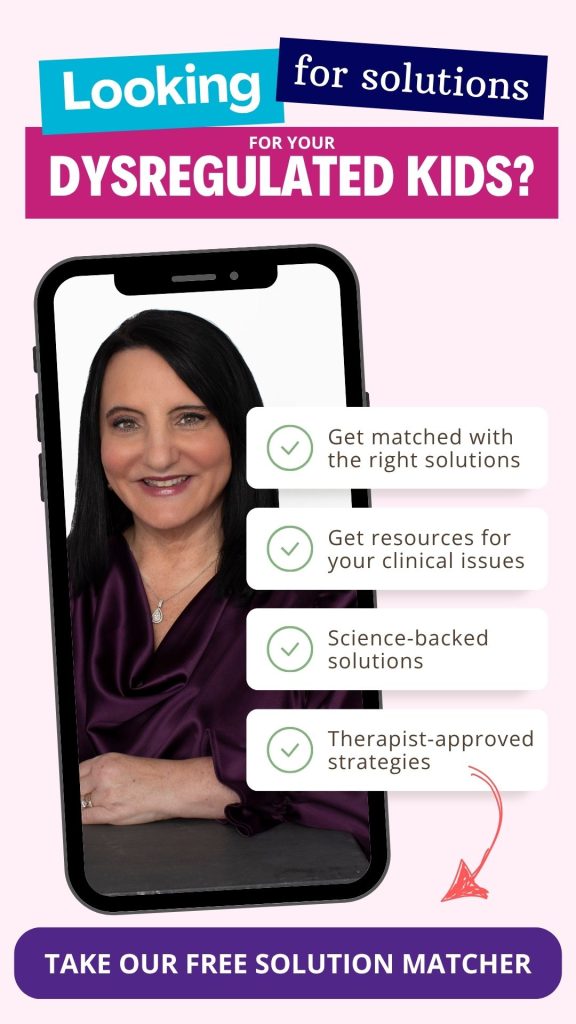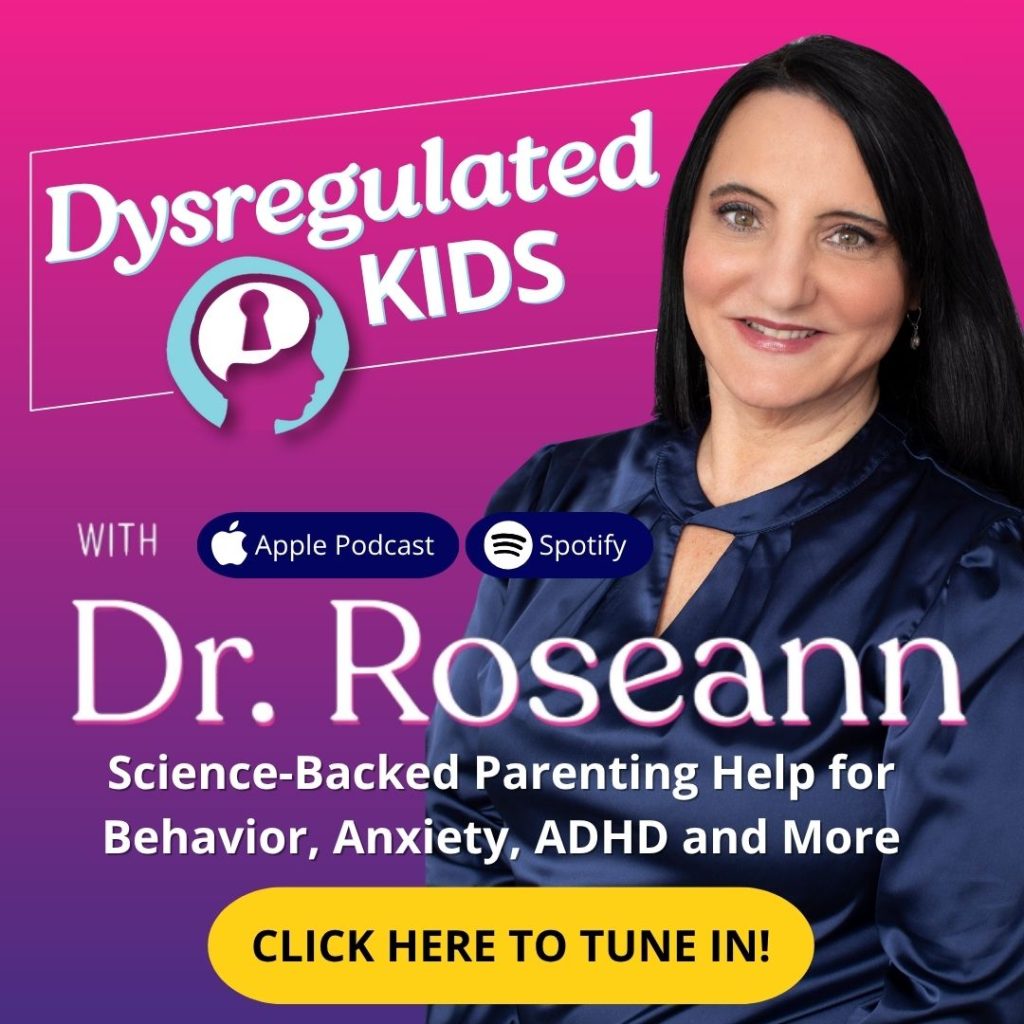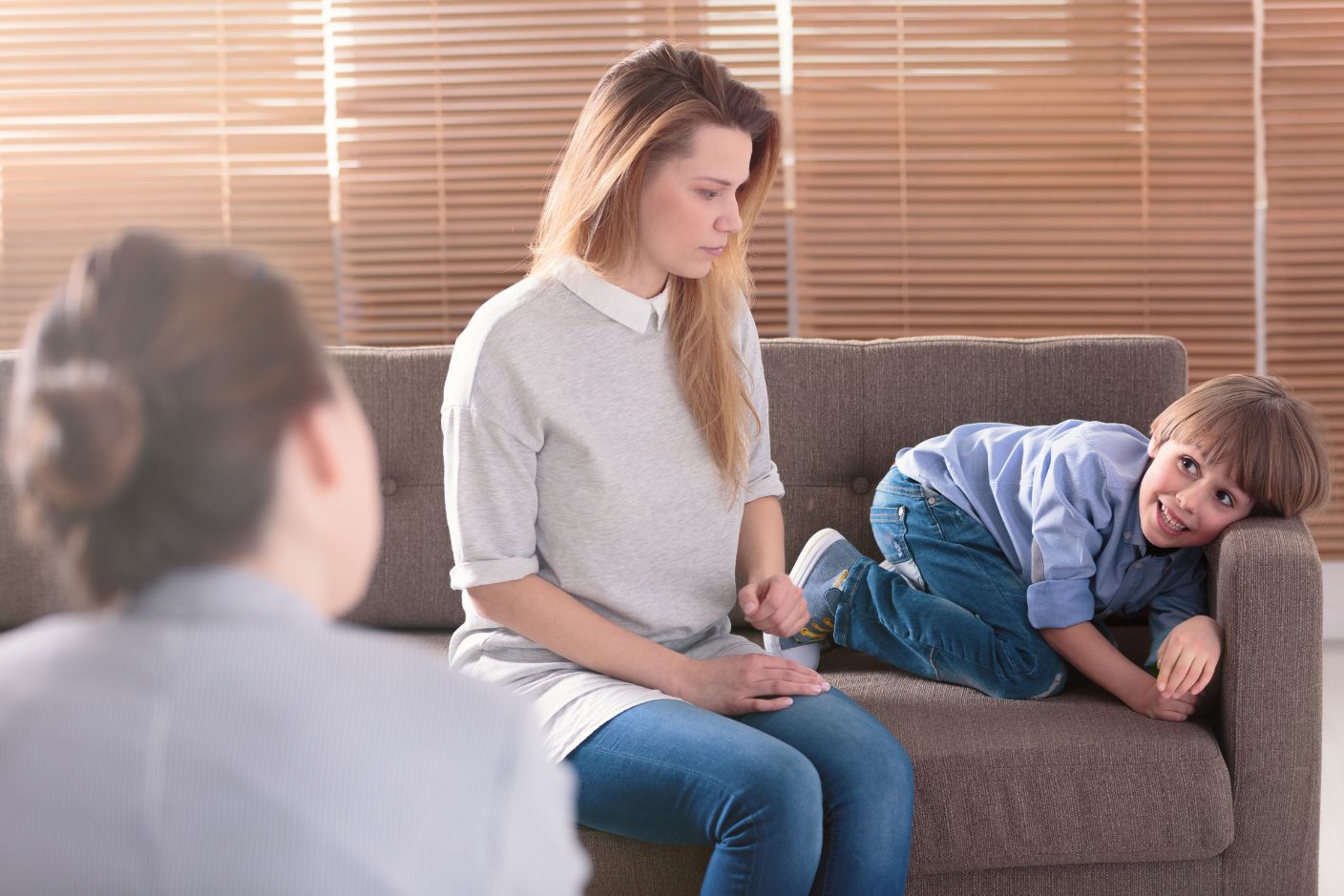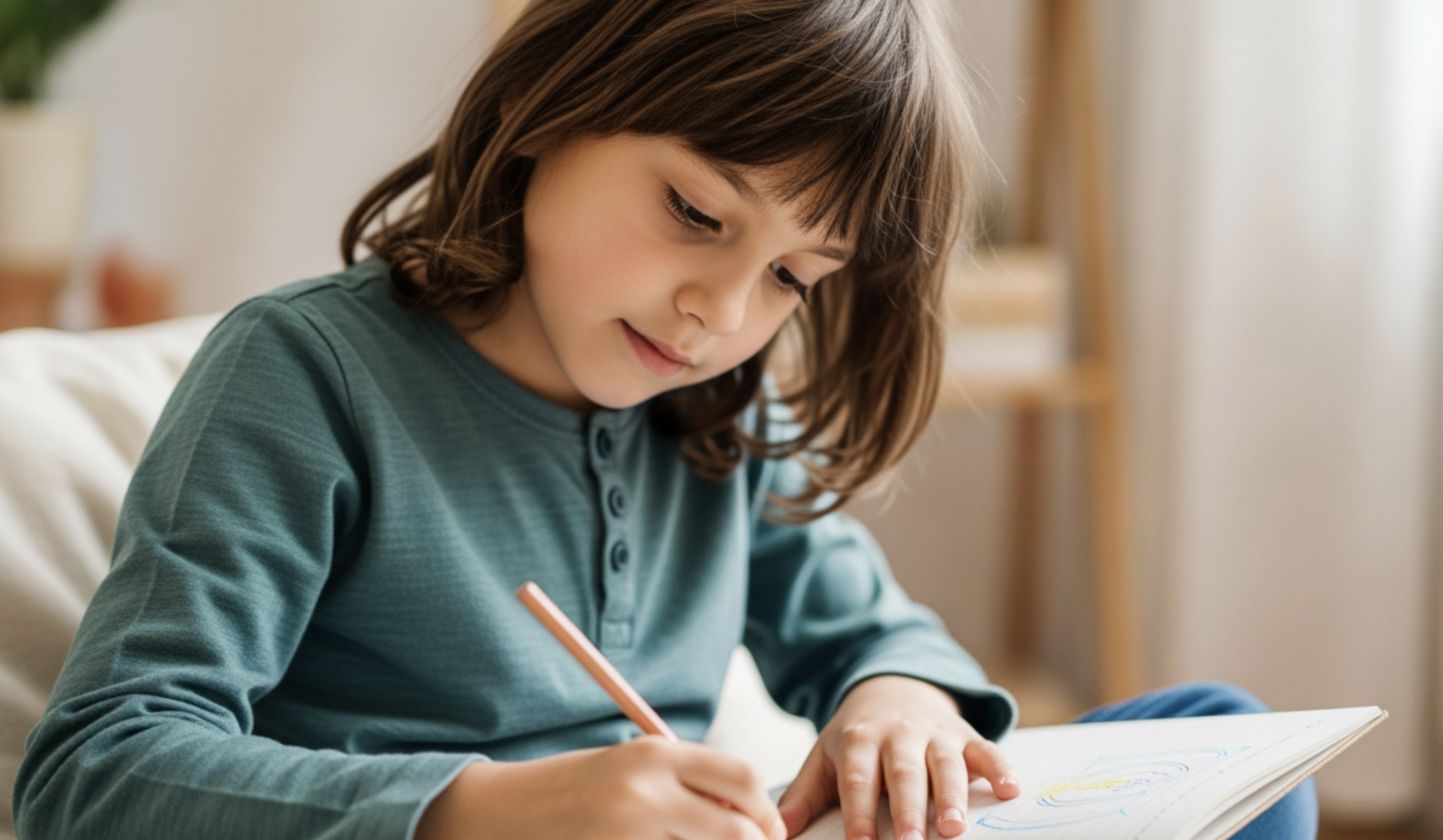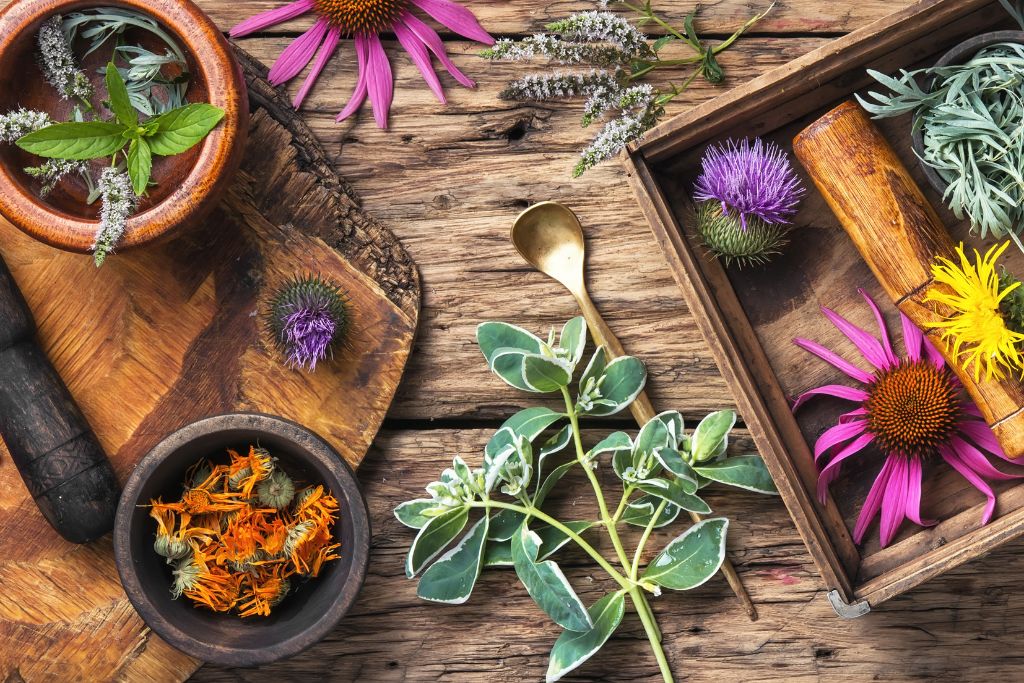
Estimated reading time: 7 minutesIf your child’s behavior seems to shift with the wind — one moment happy, the next overwhelmed or irritable — you’re not imagining it.Emerging brain science confirms that mental health isn’t just about emotions — it’s about nervous system regulation. And for parents looking for natural, gentle ways to support their child’s emotional and behavioral health, herbs for mental health can be a game-changer.This guide will walk you through the best science-backed herbs, how they work in the body, and what options are worth considering for kids struggling with anxiety, mood, focus, and more.

What Are the Best Herbs for Mental Health?
If you’re searching for natural tools that truly support your child’s emotional well-being, some herbs are worth your attention. Backed by science and history, these herbs can help regulate mood, attention, and anxiety.
Top 5 science-backed herbs for mental health:
- Saffron – mood-lifting and calming
- Bacopa – boosts memory, focus, and emotional balance
- Rhodiola – enhances resilience to stress and improves mental energy
- Lemon Balm– reduces anxiety and promotes relaxation
- Licorice – supports adrenal health and the gut-brain connection
These herbs regulate neurotransmitters, reduce inflammation, and support nervous system function — all of which are essential for a calm, focused brain.
How Do Herbs Support the Brain and Nervous System?
When a child is dysregulated, their nervous system is often stuck in overdrive. Certain herbs can help bring the brain back into balance by calming the body’s stress response.Herbs act as adaptogens, nervines, or nootropics, depending on their mechanism of action:Adaptogens: Help the body regulate stress (e.g., Rhodiola, Bacopa)Nervines: Calm the nervous system and reduce anxiety (e.g., lemon balm, Saffron)Nootropics: Improve cognitive functions like memory and focus (e.g., Bacopa)Many also support gut health, neurotransmitter balance, and reduce inflammation — all core contributors to mental health.

Can Herbs Help With My Child’s Anxiety, Focus, or Mood Swings?
If your child is easily overwhelmed or melts down over small things, you may wonder if herbs can make a difference. The good news is that many parents see positive changes when they use the right herbs consistently.Real-life story: Julia, a mom of a 10-year-old with anxiety and sensory issues, added Rhodiola and Bacopa (alongside diet changes and neurofeedback) and noticed fewer emotional outbursts and calmer transitions.Herbs can help with:
- Meltdowns and tantrums
- Sleep struggles
- Overthinking and worry
- Poor focus and memory
- Mood shifts and irritability
Herbs aren’t magic. They’re one piece of a larger regulation plan.

Herbs for Specific Clinical Mental Health Issues
Looking to support your child’s emotional or behavioral challenges more directly? These categories of herbs may be especially helpful, depending on what your child is struggling with:
For chronic infections like Lyme or PANS/PANDAS
Some herbs help calm the nervous system while also supporting immune function. Botanicals like Japanese Knotweed and Cat’s Claw can be part of a holistic plan when chronic inflammation impacts mood and behavior.
For kids with focus, impulsivity, or ADHD symptoms
Herbs such as Bacopa and Rhodiola can help improve attention, reduce hyperactivity, and support regulation—without the overstimulation that often comes with traditional treatments.
For whole-body wellness and emotional balance
There are foundational herbs that reduce inflammation, boost brain function, and help the body better handle stress. These are great for children with general anxiety or sensory overload.
For explosive behavior and mood swings
When a child lives in fight-or-flight mode, certain herbs can help bring their nervous system back into balance. These calming herbs may reduce reactivity and anger, and increase emotional flexibility.
For memory, learning, and brain protection
If your child struggles with cognitive tasks, some herbs may improve neuroplasticity and increase blood flow to the brain. These are particularly useful for kids with learning or developmental challenges.
For kids with gut issues or picky eating tied to mood
Because the gut and brain are so connected, herbs that support digestion—like licorice, peppermint, and ginger—can also help regulate mood and reduce anxiety.
Are Herbal Remedies Safe for Kids?
Parents are right to be cautious when it comes to giving their child any supplement — even natural ones. Fortunately, many herbs are safe for children when used in the right form and dose.Use only:
- Child-safe doses
- High-quality, third-party tested herbs
- Guidance from a professional if your child is on medication or has complex needs
Avoid self-diagnosing or layering too many supplements.
Lemon Balm
What it does: Soothes anxiety and promotes relaxationBest for: Restlessness, sleep issues, transitionsParent tip: Works well in teas or tinctures before bedtime.Caption:Lemon balm gently calms the nervous system — ideal for winding down at night or easing anxious transitions.Alt text:Lemon balm herb graphic showing benefits: reduces anxiety and supports relaxation; best for bedtime, restlessness, and nervous tension in kids.
How Long Do Herbs Take to Work for Mental Health?
You might be hoping for overnight results, but most herbs take time to build up in the system. The key is patience and consistency.In general:
- Immediate calming effect: lemon balm (within 30–60 minutes)
- Gradual support over 2–4 weeks: Bacopa, Rhodiola
- Cumulative benefit: Saffron, Licorice
Consistency matters more than dosage. Herbs work gently and build over time.
Try Natural Solutions That Really Work
If you’re tired of trying one-size-fits-all solutions that don’t help your child, you’re not alone. Download our free Natural Solutions Quick Start Guide and learn how to:
- Choose safe, research-backed herbs
- Support emotional regulation naturally
- Start healing your child’s brain from the inside out

Brain Science Spotlight: What Herbs are Good for Mental Health
Recent research from the University of Melbourne found that Saffron was as effective as prescription antidepressants in reducing symptoms of anxiety and depression — with far fewer side effects. Dr. Adrian Lopresti, lead author of the study, explained:"Saffron’s active compounds appear to influence serotonin metabolism, inflammation, and oxidative stress — all of which play a role in mood."What this means for your family: Natural substances can regulate mood biologically — not just behaviorally. If your child is struggling, we want to support their brain — not suppress it.

Which Herbs Should I Start With?
Knowing where to begin can feel overwhelming. Start by identifying your child’s biggest challenge, then choose one herb that aligns with those symptoms.Here’s a guide based on symptoms:
- Anxious, can’t sleep? Try lemon balm or Saffron
- Low focus, poor memory? Try Bacopa
- Overwhelmed and fatigued? Try Rhodiola
- Irritable and stressed gut? Try Licorice
Choose one herb at a time, start low, go slow, and monitor-- and of course, check with your medical provider.
Dr. Roseann's Therapist Tip
"In my 30+ years of clinical practice, I've learned that natural doesn't mean casual — you still need a plan. Here's what I tell parents: start with one herb, give it at the same time daily, and track behaviors.Try this today: Use a 7-day symptom tracker to see what changes.Why it works: Small shifts build momentum and help us pinpoint what’s effective. Remember: It’s about calming the brain — not fixing the child."
How Do I Use Herbs: Teas, Capsules, or Tinctures?
Choosing the right form of herbs depends on your child’s age and sensory preferences. Each method has its own benefits.
- Teas: calming rituals, great for bedtime
- Capsules: standardized doses, easy for older kids
- Tinctures: fast absorption, easy to adjust
Choose what fits your child’s sensory and taste needs.
What Are the Risks or Side Effects of Herbs?
Herbs are generally safe, but like any supplement, they may cause side effects — especially if used improperly.Most side effects are mild, such as:
- Upset stomach
- Headaches
- Drowsiness (especially with lemon balm)
Avoid combining herbs with prescription meds without supervision. Always check for interactions.
How Do Herbs Compare to Medication?
Many parents wonder whether herbs can really replace or reduce the need for medication. The answer is: sometimes — and it depends on the child.
Comparing Herbs vs. Medication for Mental Health
HerbsMedicationsGentle, holistic approachCan provide fast symptom reliefFew side effectsRisk of side effects (e.g., weight gain, fatigue)No withdrawal or dependencyCan lead to withdrawal or dependencySupports long-term brain resilienceOften prescribed without brain regulation toolsAligns with natural and integrative careRequires a prescription and medical oversightReal-life note: Many of our families turn to herbs after medication side effects or lack of progress — and often find better outcomes.
How Do I Know if It’s Working?
The changes may be small at first — and that’s okay. Healing the nervous system takes time.Look for small but meaningful shifts:
- Shorter meltdowns
- Easier mornings
- More focus
- Less anxiety at bedtime
Track changes weekly — not daily.
Next Steps for Herbs for Mental Health
Natural doesn’t mean ineffective. The right herbs, used with intention, can help calm the chaos and support a child’s growing brain.If your child’s behavior is affecting home life, school, or their confidence — it’s time to try a new path.Download our Natural Solutions Quick Start Guide to begin using gentle, science-backed strategies that support regulation and emotional healing.You deserve to feel hopeful again.
FAQs
What herbs help with mental health in kids?
Saffron, Bacopa, lemon balm, Rhodiola, and Licorice are well-researched and safe when used appropriately.
Are herbs better than medication for anxiety?
It depends on the child. Herbs offer a gentler, holistic option with fewer side effects.
Can herbs replace therapy or neurofeedback?
No. Herbs support the brain — but emotional tools and brain training are still essential.
How long should my child take herbs?
Herbs work best when used consistently for 30–90 days, under supervision.
Are there herbs that work fast?
Lemon balm can have immediate effects. Most herbs build gradually.
Can I mix herbs together?
Only under guidance. Start with one herb and observe results first.
What’s the best herb for focus?
Bacopa is especially good for kids who struggle with focus and working memory.
What’s the safest herb to start with?
Saffron is well-tolerated and helpful for mood and anxiety.
Citations
Kwon, C. Y., & Lee, B. (2023). The Effect of Herbal Medicine on Suicidal Behavior: A Protocol for Systematic Review and Meta-Analysis. Healthcare (Basel, Switzerland), 11(10), 1387. https://doi.org/10.3390/healthcare11101387Mischoulon D. (2018). Popular Herbal and Natural Remedies Used in Psychiatry. Focus (American Psychiatric Publishing), 16(1), 2–11. https://doi.org/10.1176/appi.focus.20170041Sarris J. (2018). Herbal medicines in the treatment of psychiatric disorders: 10-year updated review. Phytotherapy research : PTR, 32(7), 1147–1162. https://doi.org/10.1002/ptr.6055Sarris, J., McIntyre, E., & Camfield, D. A. (2013). Plant-based medicines for anxiety disorders, part 2: a review of clinical studies with supporting preclinical evidence. CNS drugs, 27(4), 301–319. https://doi.org/10.1007/s40263-013-0059-9Dr. Roseann is a mental health expert in Self-Regulation who frequently is in the media:
- Healthline Understanding Self-Regulation Skills
- Scary Mommy What Is Self-Regulation In Children, And How Can You Help Improve It?
- The Warrior Parent Podcast It's Gonna Be OK! Changing Behaviors and Responses (And The Magic of Magnesium)In Your Family with Dr. Roseann Capanna-Hodge
Always remember... “Calm Brain, Happy Family™”
Disclaimer: This article is not intended to give health advice and it is recommended to consult with a physician before beginning any new wellness regime. *The effectiveness of diagnosis and treatment vary by patient and condition. Dr. Roseann Capanna-Hodge, LLC does not guarantee certain results.
Are you looking for SOLUTIONS for your struggling child or teen?
Dr. Roseann and her team are all about science-backed solutions, so you are in the right place!
©Dr. Roseann Capanna-Hodge

%20.png)


